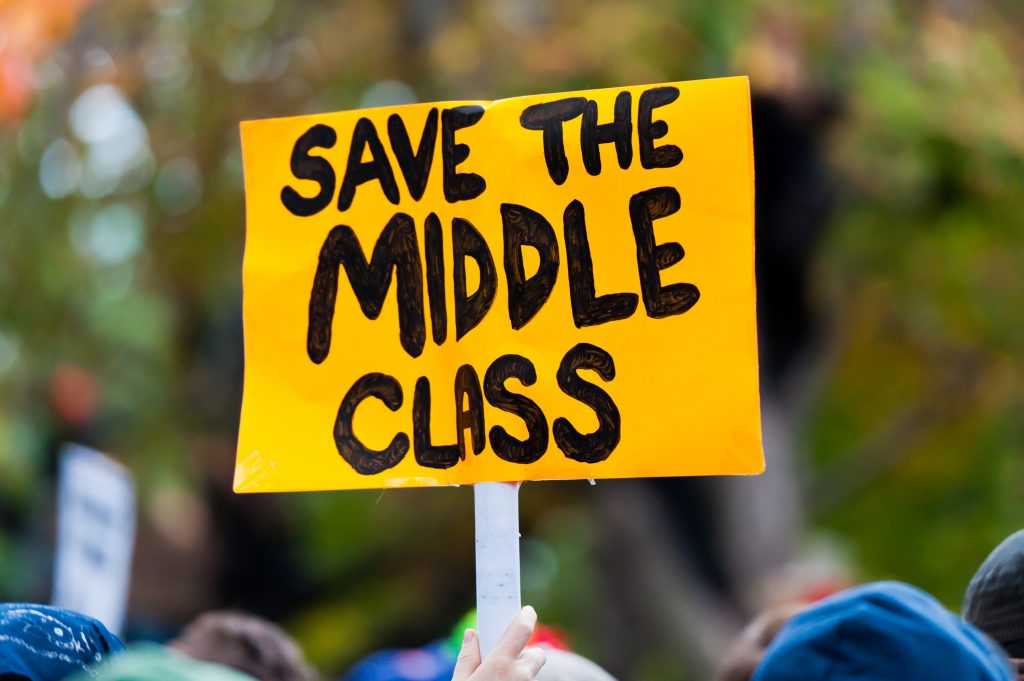Another missed opportunity for Malta’s middle class

The recent budget announcement, touted as a “game-changer” for the Maltese middle class, appears to have been more hype than substance. Prime Ministerial promises to ease the tax burden on the middle class —primarily those on the 25% tax bracket whose income varies from as low as €20,000 up to €60,000—seemed poised to address longstanding inequities in the tax system. For years, these citizens have shouldered the heaviest tax load while grappling with cost-of-living increases and being ineligible for certain government aid or schemes.
This fiscal segment, the middle class, represents those who earn slightly above the median wage, making them neither low-income earners nor wealthy. They find themselves in a unique bind—burdened by rising costs while often excluded from financial relief programs. The much-anticipated budget was supposed to recognize this and bring them relief. Instead, the revised tax cuts once again favour the lowest income bracket, with only minor adjustments in the 25% tax band. This left most middle-income earners, including those with a €40,000 salary—a typical middle-class income in Malta—practically unrewarded.
The adjustments mean that someone earning €40,000, which is reflective of a typical middle-class worker, has been placed in the same bracket as those earning between €21,000 and €28,000, depending on the tax computation. Those in the upper half of the middle-income bracket, up to €60,000, were left untouched by these changes. This oversight is glaring: it neither aligns with the budget’s stated intent nor delivers on the government’s promise.
The reality is that this budget appears to be more of a “firefighting measure” aimed at combating inflation’s impact on the lower-income earners who comprise nearly 165,000 people—those most affected by the rising cost of living. While this aid is essential, the budget fails to honour its pledge to bring real financial relief to middle-class citizens who feel equally, if not more, stretched by escalating costs.
Adding to the middle class’s frustration is the government’s decision to continue taxing the cost-of-living adjustment (COLA). Though this compensation is supposed to be €5.24 per weekly, for the middle class €1.31 will go back in tax deductions, leaving just €3.93. Social partners have repeatedly called for an end to taxing COLA, yet their calls go unheeded, and the resulting reduction further negates the limited financial relief this budget affords to ordinary workers.
This budget ultimately feels like a significant missed opportunity. The middle class has once again been largely overlooked. A more balanced approach would have truly fulfilled the government’s promises, ensuring that for once taxpayers in the middle bracket, would have been truly rewarded for their efforts.
